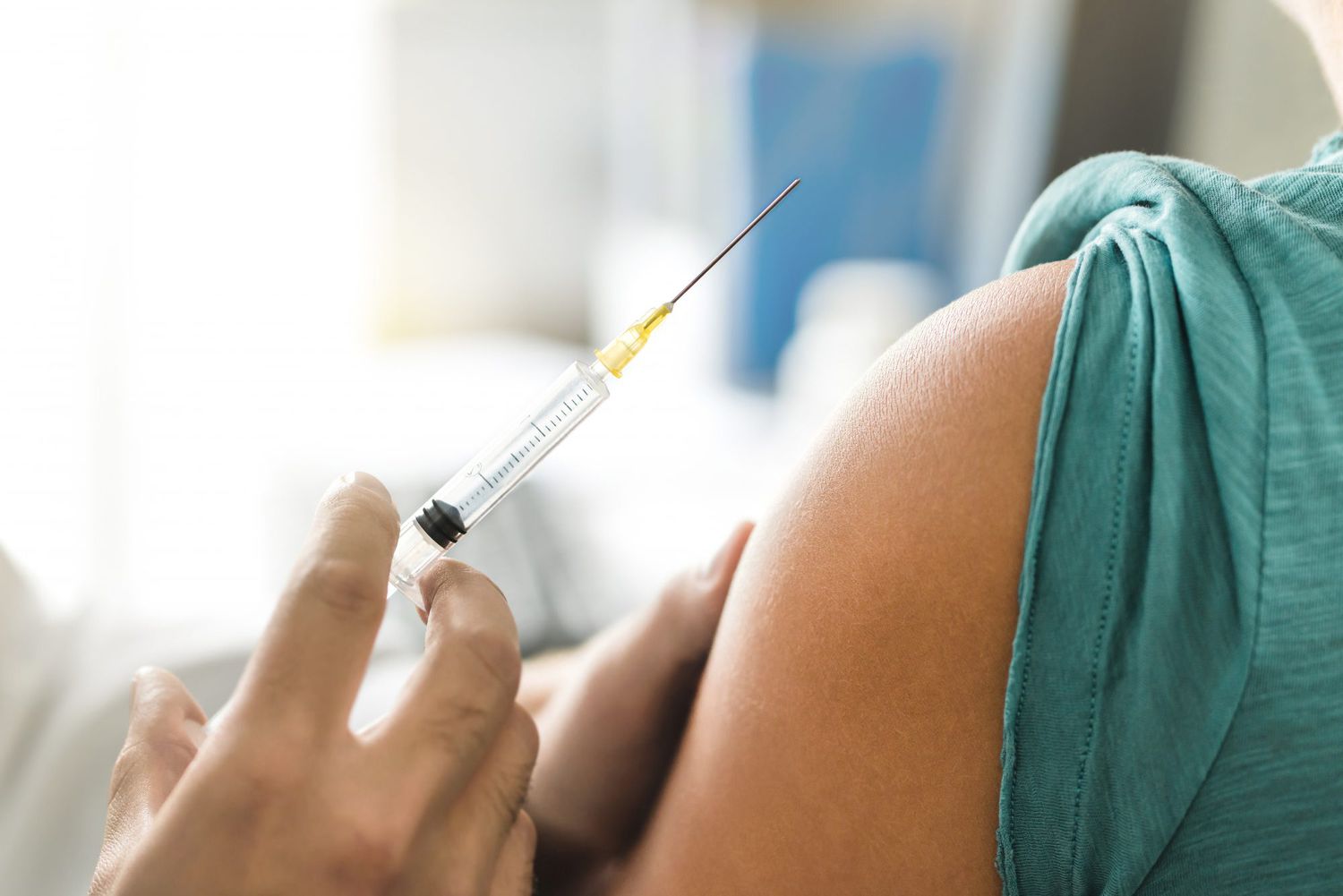
Despite the good news regarding early testing of Pfizer Inc.’s coronavirus vaccine, leaders have stressed that it won’t be an immediate cure-all to the global pandemic or far-reaching health inequalities.
On Monday, Pfizer CEO Albert Bourla said in a statement that in a phase 3 study their potential COVID-19 vaccine was "found to be more than 90 percent effective in preventing COVID-19 in participants” who had not been previously infected with the virus.
"The results demonstrate that our mRNA-based vaccine can help prevent COVID-19 in the majority of people who receive it," Bourla added, before cautioning that more data is needed before the company can apply for FDA Emergency Use Authorization, and that clinical trials are ongoing.
In response to the news, World Health Organization Director General Tedros Adhanom Ghebreyesus emphasized that while an effective vaccine is "needed urgently," it will take more than that to remedy the global health crisis.
“A vaccine is needed urgently to control the pandemic. But as you know, it will not fix the vulnerabilities at its roots,” he said while addressing the World Health Assembly. “There is no vaccine for poverty, hunger, climate change or inequality.”
“This will not be the last global health crisis. When the next one arrives, will the headlines be the same?” he asked. “Will they say that after the COVID-19 pandemic, the world wrung its hands, wrote reports and changed nothing? Or will they say that COVID-19 was a turning point for global health security, and for global health?”
Ghebreyesus went on to congratulate President-elect Joe Biden and Vice President-elect Kamala Harris, who have made it clear that tackling the pandemic will be a priority of their administration.
“We need to reimagine leadership, built on mutual trust and mutual accountability — to end the pandemic and address the fundamental inequalities that lie at the root of so many of the world’s problems,” he continued. “It’s time to forge a new era of cooperation, that puts health and well-being at the centre of our common future.”
Biden cautiously celebrated the news, noting that Americans will still have to follow existing coronavirus prevention guidelines for the foreseeable future.
“I congratulate the brilliant women and men who helped produce this breakthrough and to give us such cause for hope,” the president-elect said in a statement released through his transition team. “At the same time, it is also important to understand that the end of the battle against COVID-19 is still months away.”
Biden went on to note that even if some Americans begin receiving COVID-19 vaccinations by the end of the year, it will be “many more months” before widespread vaccination becomes possible.
“That is why the head of the CDC warned this fall that for the foreseeable future, a mask remains a more potent weapon against the virus than the vaccine,” he continued. “Americans will have to rely on masking, distancing, contact tracing, hand washing, and other measures to keep themselves safe well into next year.”
"America is still losing over 1,000 people a day from COVID-19, and that number is rising — and will continue to get worse unless we make progress on masking and other immediate actions,” he added. “Today's announcement promises the chance to change that next year, but the tasks before us now remain the same.”
Dr. Anthony Fauci, the director of the National Institute of Allergy and Infectious Diseases, has previously stressed that a “safe and effective” COVID-19 vaccine likely won’t be widely available for some time.
"[A vaccine] will likely be [available] within the first quarter of 2021, by let’s say April of 2021," he told CBS Evening News last month. "But that would be predicated on the fact that all of the vaccines that are in clinical trials have proven to be safe and effective."
"We've made an estimate to have about 700 million doses by the end of April," added Fauci. "But that means from all six companies that we're making investments in. That means that all six of those candidates have to have a vaccine that is proven to be safe and effective."
Last month, Johnson & Johnson paused its ongoing trials for a COVID-19 vaccine after a participant developed an "unexplained illness." The company did not say what the participant’s illness was, but explained in a statement that the temporary pause is "not uncommon in clinical trials." During the course of vaccine or drug development, it is usual practice to halt trials for an adverse participant reaction to determine if it was caused by the vaccine dose or was due to an unrelated issue.
As information about the coronavirus pandemic rapidly changes, PEOPLE is committed to providing the most recent data in our coverage. Some of the information in this story may have changed after publication. For the latest on COVID-19, readers are encouraged to use online resources from the WHO and local public health departments. PEOPLE has partnered with GoFundMe to raise money for the COVID-19 Relief Fund, a GoFundMe.org fundraiser to support everything from frontline responders to families in need, as well as organizations helping communities. For more information or to donate, click here.
Source: Read Full Article
